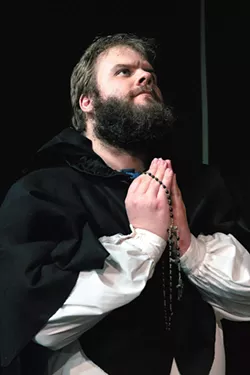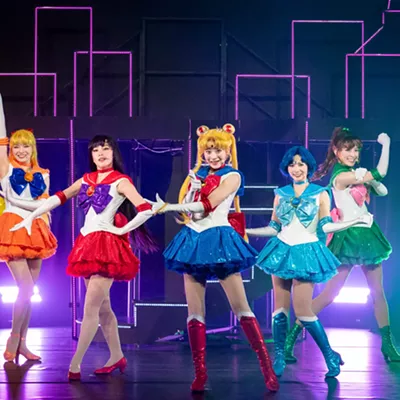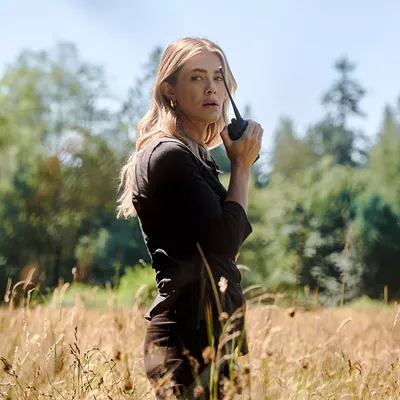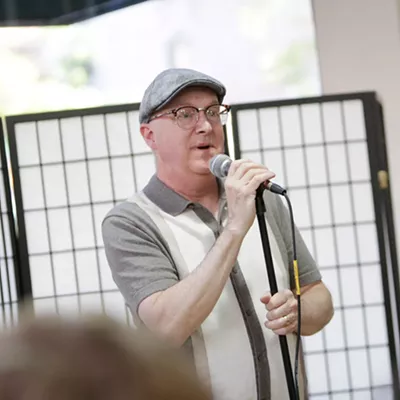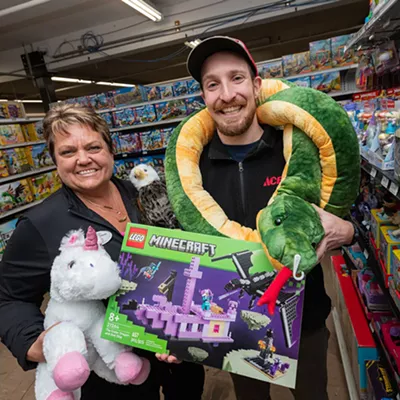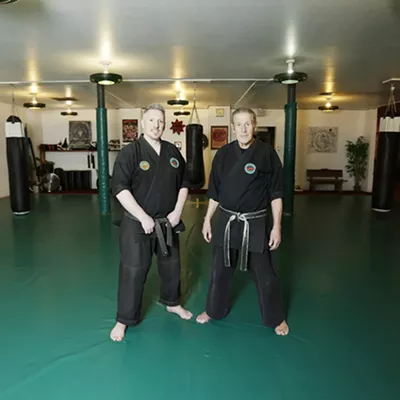Close to five centuries ago, two men squared off in the Spanish city of Valladolid for a rhetorical showdown. One man, Juan Ginés de Sepúlveda, was there to argue that the natives of the newly colonized Americas were subhuman, worthy only of enslavement and torture. If necessary, their conversion to Christianity should come at the point of a sword.
His opponent, Bartolomé de las Casas, advanced the counterargument, on theological grounds, no less. The Dominican monk maintained that, despite huge differences between their culture and that of their colonizers, the indigenous people were part of the natural order. They were children of God, in other words, and should be extended largely the same rights as anyone else.
The debate was one of the first — if not the first — to deal head-on with this issue in an official capacity. Though not exactly politically correct, de las Casas' stance was a radical departure from the prevailing modes of thought.
In 1992, the playwright Jean-Claude Carrière reinterpreted this historical debate for French TV as a courtroom drama set in the sepulchral chamber of the Monastery of San Gregorio. His work was later translated into English by Richard Nelson as The Controversy of Valladolid.
"Very simply, the one arguing the theological side of it, de las Casas, was defending the Aztecs," says Maynard Villers, who is directing a new production of the play at Stage Left. "He had spent a lot of time in the New World, and he knew the people. He saw what was happening and he was appalled by their treatment. He felt that they were our fellow human beings — as he would put it, our brothers in Christ — and deserving of the same respect that he and his white European fellows deserved."
"De Sepúlveda was arguing the secular side of things. He didn't exactly deny their humanity but felt that they were a lower grade [of human beings], not deserving of God's grace or the protection of the Spanish crown. They were placed there by God for the Europeans to use as they saw fit."
The crux of the debate and its contemporary parallels were strong enough to draw Villers into his first direct participation in live theater after a decade-long hiatus.
The play, he says, serves as "a good reminder for all of us how easy it is to objectify the 'other,' even by those who claim to — and legitimately have — their best interests at heart. Because de las Casas, even though he says on more than one occasion what forcing their religion on [the Aztecs] is doing to them, he is still very much desirous of saving their souls."
If that leaves audience members feeling slightly ambivalent about the play's ostensible good guy, it might not be the only thing. The Controversy of Valladolid has sparked some of its own controversy in the way it presents its native characters and servants.
"They are faceless. They are voiceless," Villers says. "They don't know what is happening to them. I think part of that is the author's intent to get us to put ourselves in the place of these people who have been brought to Spain from the New World."
Whether that was Carrière's intent or not, casting still proved difficult as a result. Villers likens it to "a bad game of telephone" in which local actors who might have suited the Aztec roles expressed reluctance on account of their mute anonymity. In the end, though, three Native American actors — Darlene McCarty, Newe-Nai'Pi Ridley-Stevens and L. Shane Ridley-Stevens — stepped forward to audition for the parts of the Aztec family.
"They have no lines, and that's upsetting to people. And I can understand that anger. Because without seeing it, it's very easy to think, OK, here's another story of conquest told by the conquerors. But it does go deeper than that."
Unfortunately, the one actor who was interested in playing the monastery's black servant had a schedule conflict, and the role had to be dissolved into the remaining cast of nine. They include Ron Ford as the papal legate, Robert Nelson as the abbot, Steven Schneidmiller as de las Casas, Matt Cordoza as de Sepúlveda and Marek Nelson as a New World colonist.
Aaron Brock is also among them, playing a royal clown who, in a misguided attempt to prove the Aztecs' humanity, is called in to test their sense of humor. That qualifies as one of the play's more absurd moments, but it also serves to encapsulate what exactly The Controversy of Valladolid is scrutinizing.
"We all see the world through a lens of our own making," says Villers. "Even if you think you're a wonderful human being and you do everything possible to make the world a better place, you're coming at it with your own agenda. If we can realize that, maybe we can brighten the corner where you are with a little more objectivity, rather than objectifying." ♦
The Controversy of Valladolid • Jan. 11-27; Thu-Sat at 7:30 pm, Sun at 2 pm • $20 • Stage Left Theater • 108 W. Third • spokanestageleft.org • 838-9727


